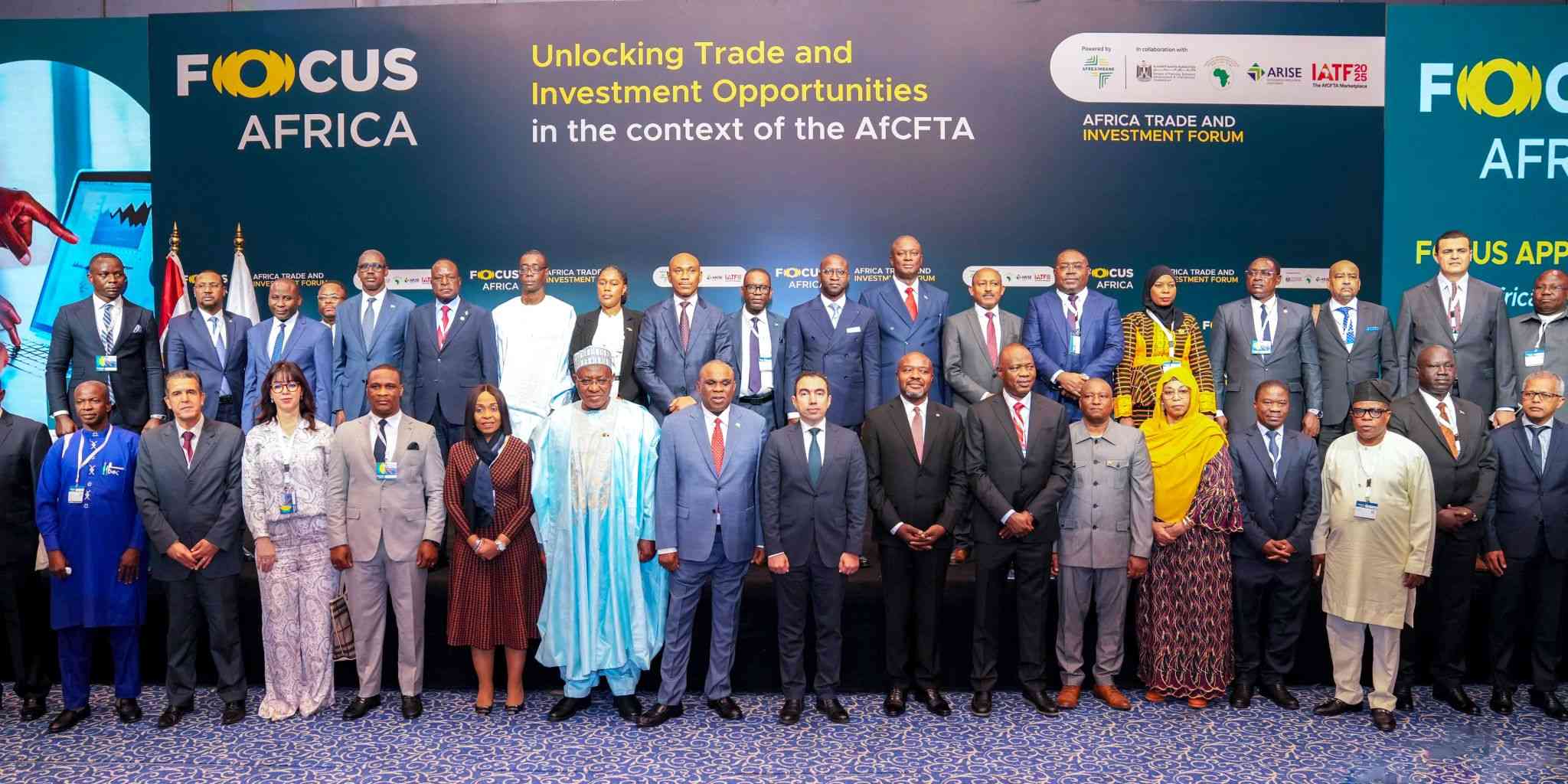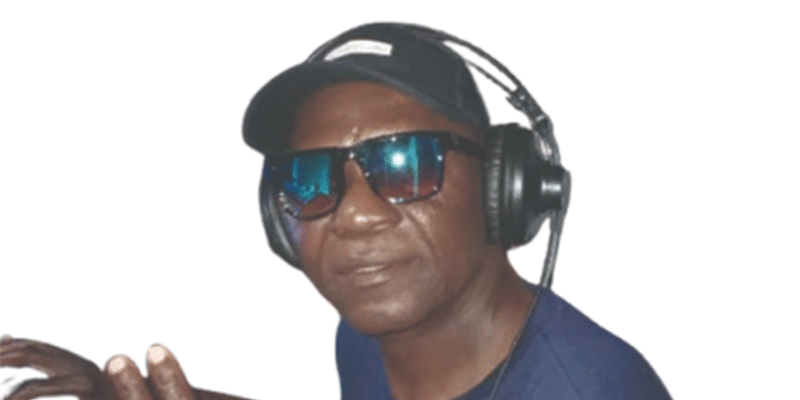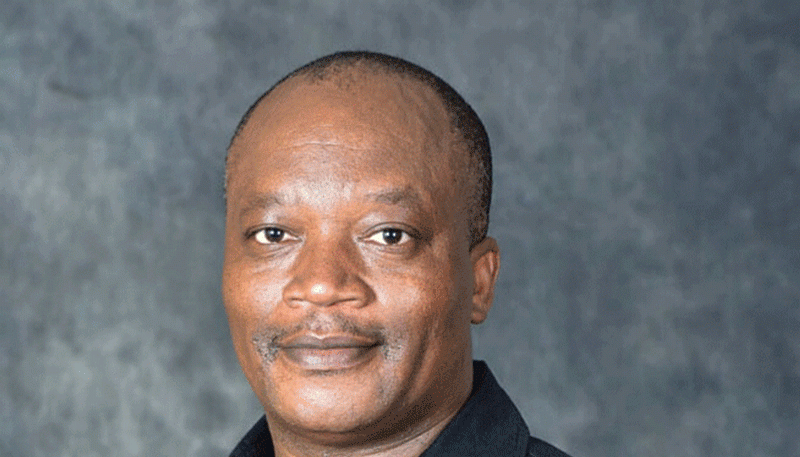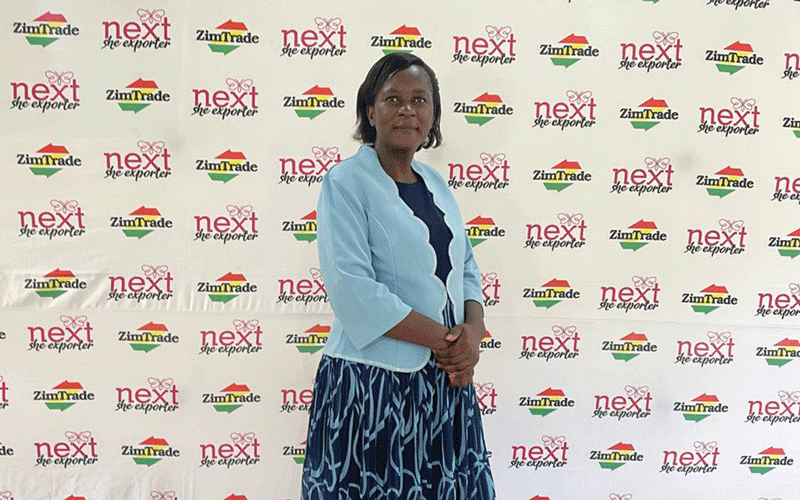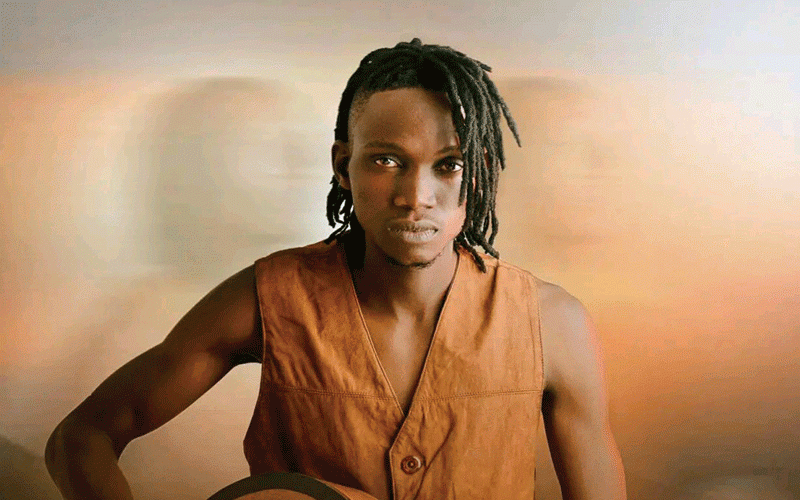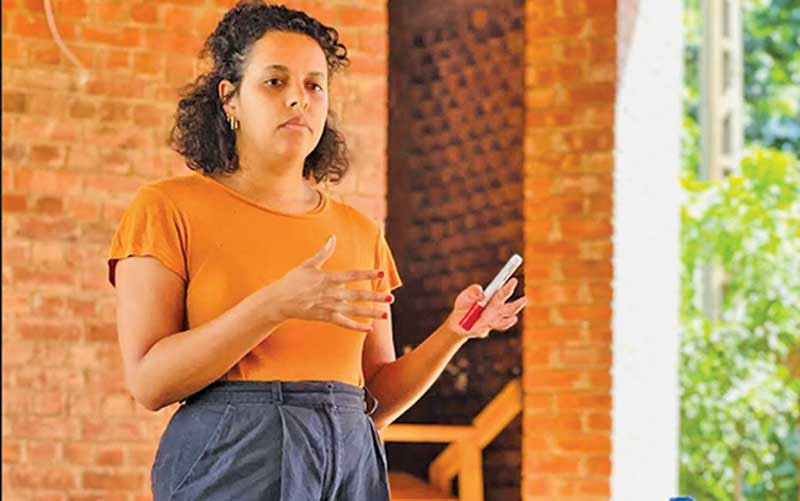
GERMAN author, journalist and podcaster Alice Haruko Hasters was recently in the country by invitation of the Zimbabwe German Society (ZGS). On a journey that has so far taken her to Uganda, South Africa and Tanzania, she left Zimbabwe for Kenya on tour for a series of lectures on the subject of blackness.
Hasters, who was born in Cologne, Germany in 1989 to a Black-American mother and white German father, is the author of the book What white people don't want to hear about racism, but should know anyway (Was weiße Menschen nicht über Rassismus hören wollen, aber wissen sollten). The autobiographical debut book, which was published in German in 2019, is an interrogation of everyday racism that permeates the German systems and structures. It deals with cultural intolerance, discrimination and racist micro aggressions often overlooked by the self, denied by others and are invisible to most white people.
Hasters’s book has touched many people’s lives, and has particularly resonated with people of mixed heritage. Journalist Katrine Figge, born of an Indonesian mother and a German father, has written that Hasters’s initial dilemma in confronting subtle racism as juxtaposed to open violent racism reflected her own experiences. She quoted Hasters: “To describe my own experiences using the same term felt presumptuous as if I wanted to steal the limelight from victims of open racist violence or minimise their suffering.”
Britta Sommer who describes herself as being “white” writes that in order to understand which statements, actions and ways of thinking are already racist, “white people should read this book even though they may not want to”. She believes the book can help white people change through self-reflection.
While in the country, Hasters held a workshop for journalists and another for podcasters. She also presented a lecture on What binds us together? (Black identities in Germany).
Before she left the country, local writers were invited for an informal farewell dinner at the Mozambiki Chisipite to interact with Hasters over exquisite cuisine. ZGS director Taremeredzwa Chirewa said: “We just thought we should bring a few writers together to meet Alice and have conversations and also for connection with people we have not seen or talked to in a while.”
NewsDay Life & Style had a chance to mine Hasters’ thoughts on the thorny topic of structural racism and other issues.
Objective of her current tour
- Almasi brings African Diaspora voices to Harare
- Weaver Press closes chapter after 25 years of publishing excellence
- German author calls for social justice reporting support
- Racism: A scourge still gnawing societies
Keep Reading
I think to understand identity, to understand the subject that I am working on, to understand blackness — it is crucial to explore and understand as much of the African continent as possible. To consider many perspectives. What do people think about? Is there a similarity? To understand what it means to be black in this time in the 21st century. I am interested in exploring what it is that binds us together. Can we find what binds us together without neglecting our nuances?
People planning to migrate to Germany from Africa, are they prepared?
There is no one to warn people or make them aware of racism towards black people and how it plays out in Europe or in Germany, specifically. It is hard to catch. It feels like something normal.
It can happen to you that you have a violent encounter when people are going to say something rude to your face — but most of the time it is more subtle. It is like a silent aggression; people not letting you in, people underestimating you, patronising you. And this is something that can eat at your self-esteem.
I also think that when people decide to come to Europe sometimes they get stuck in not wanting people at home to worry about them and not having anyone to talk to in Germany. This is a dynamic that isolates people most of the time. It is crucial that there are organisations that are reaching out, helping people in communities. You have to know about them and find them. Sometimes that can take a little bit of time.
I think for people coming to Germany specifically, it is worthwhile to know about German history far beyond the Nazi regime, but also colonial history.
Naturalised German citizens and first-generation immigrants
First-generation immigrants, their centre of belonging is somewhere else, so if they are excluded it does not hurt them in the same way. Their roots are stronger. A lot of times first-generation African immigrants come from a black majority country, you have bigger confidence. There is a certain strength and it is something that does not knock them out of their shoes easily.
People born in Germany, feel they are German and then they grow up and experience that they are excluded from society. They feel less secure. They feel that it is all they know. They fight more, because they want to belong in a different way than first-generation immigrants.
There are also second-generation and third generation Germans who look more closely on how their parents and grandparents were treated. Sometimes first-generation immigrants just have to get by, they have different things to worry about. Second and third- generations were born into a situation that was not very good. They have the time to look back and feel like, why did their parents have to work so hard? So they carry the anger for their previous generation too.
Changing the system
If they do not run into any trouble, it works for them, but as soon as they do, they have less defence mechanisms. Oftentimes it is the first-generation that is less interested in organising (against structural racism) and resisting. However, they are more vulnerable. When you see who is dying in the hands of police custody, who is dying in hospitals, who is dying in mental health institutions, it is often the first-generation immigrants.
Advice for people considering migrating to Germany
People should not underestimate the German winter, if you are used to a different kind of weather. You should not underestimate how it can affect your mental health. Because the days become very short from November to March, the sun is out for four hours and it goes down. It never really gets very bright; it is always kind of grey. That affects your mental health. That kind of coldness is reflected in the mentality of the Germans. Everybody kind of closes off. When this weather is combined with a (certain) mentality then that is pretty hard. But it gets better when summer comes.
Also what people should know is beware of German bureaucracy, because as immigrants you are going to deal with a lot of paperwork. You have to fill out forms that are deliberately confusing. You have to seek help — there are people who are trying to help. This can add to a sense of insecurity. But Germany is not what it used to be — it is very diverse now. So seek people who have experience in this. There are people who built a community around predominantly African immigrants. Seek out good people, there are good people. Do not try too hard with people who give you the cold shoulder. Do not try to prove yourself because it’s not worth it.
Knowing German can really help, even knowing the basics. Germans really appreciate when a person is speaking German. When you encounter people who are not good in English they are really happy that you can speak German.
A unique experience
Referring to a particular incident during a trip to Ghana, Hasters who identifies as black says: “It was interesting to be in an environment where people did not see me as black. People would greet me the same way they greet white people. I like this — being challenged in my identity and self-perception, with how people see me.”

